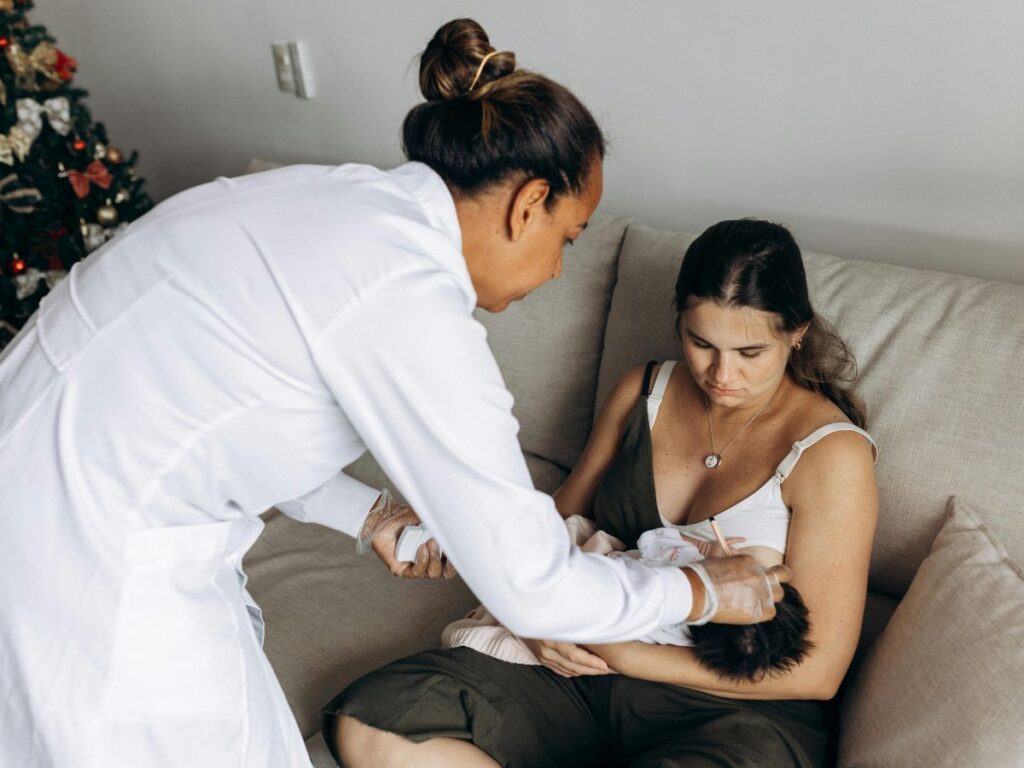Understanding Whiplash Stiffness and the Role of Manual Therapy
Whiplash injuries commonly result from auto accidents, sudden falls, or sports collisions. The rapid back-and-forth motion of the neck can strain muscles, ligaments, and joints, often leading to persistent stiffness and limited range of motion. At Primary Health Clinic, we provide personalized, hands-on care for whiplash to help reduce discomfort and improve neck mobility.
Why Whiplash Can Lead to Ongoing Neck Stiffness
Even after the initial injury, the body may respond with protective muscle guarding and changes in joint function. This can cause:
- Formation of scar tissue that restricts normal flexibility
- Slight misalignments in cervical spine joints
- Prolonged muscle tightness or spasms
Left untreated, these issues may impact posture, sleep quality, and overall daily function. Our in-clinic therapy services are designed to help restore healthy movement patterns.
How Manual Therapy Supports Recovery
Manual therapy techniques go beyond symptom masking. They address the mechanical and muscular contributors to stiffness. During care sessions, our providers may apply:
- Gentle spinal adjustments: To improve joint alignment and mobility
- Soft tissue techniques: Including myofascial release and massage to ease tension
- Guided movement strategies: To help restore functional neck motion safely
This combination helps support neck flexibility and reduce reliance on passive interventions.
Benefits of Manual Care for Whiplash Stiffness
Targeted, hands-on care may offer the following benefits:
- Improved local circulation to aid tissue healing
- Release of tension in overactive or shortened muscles
- Support for joint lubrication and smoother movement
- Potential relief from tension-related headaches
Many patients notice increased ease of movement and improved posture after a series of sessions.
Who May Benefit from Manual Therapy?
If you’re experiencing the following symptoms after a whiplash incident, manual therapy may help:
- Ongoing neck tightness that restricts movement
- Headaches originating from the neck or upper back
- Upper back or shoulder tension related to guarding
- Discomfort while sitting, driving, or working at a screen
Visit our page on non-medication treatment options to explore additional services.
Why Many Choose Manual Therapy
Manual therapy is a preferred option for many individuals seeking natural, drug-free care for whiplash-related issues. This approach is valued because it:
- Focuses on underlying causes of stiffness, not just symptoms
- Promotes long-term musculoskeletal function
- Integrates well with other conservative care strategies
Unlike medications that may offer temporary relief, manual care can support ongoing improvement through structural correction and movement retraining.
Supporting Recovery at Home
In addition to in-clinic sessions, our team provides guidance on self-care strategies that reinforce your progress, such as:
- Stretching techniques to improve flexibility
- Posture recommendations for work and rest
- Basic exercises to strengthen the neck and upper back
This combination helps maximize the benefits of each session while supporting recovery between visits.
Restore Comfort and Confidence in Movement
You don’t have to live with ongoing neck stiffness after a whiplash injury. At Primary Health Clinic, we offer comprehensive, non-invasive care—including manual therapy and neck mobilization techniques—to help support your recovery goals. Learn more about our approach through our in-clinic services and drug-free options, or contact us to start your personalized care plan.






